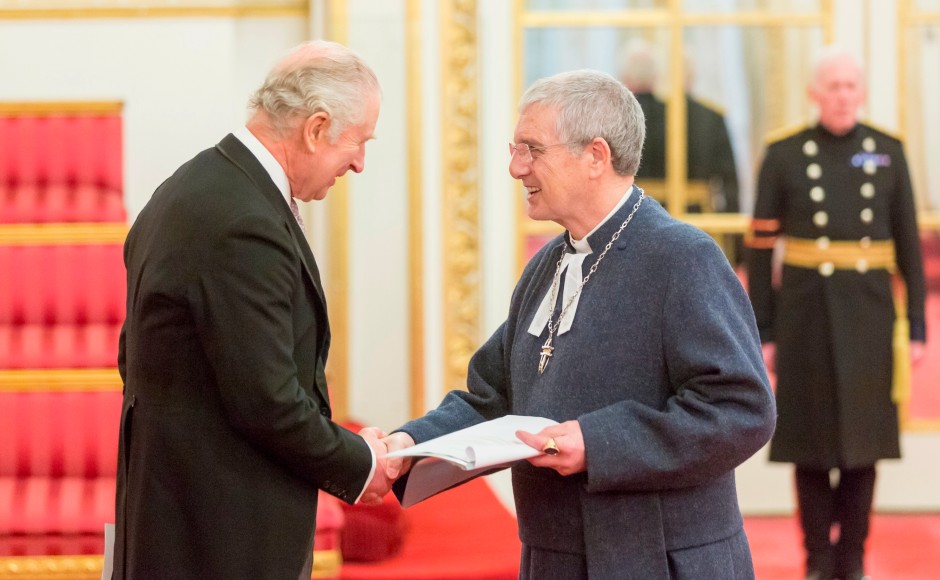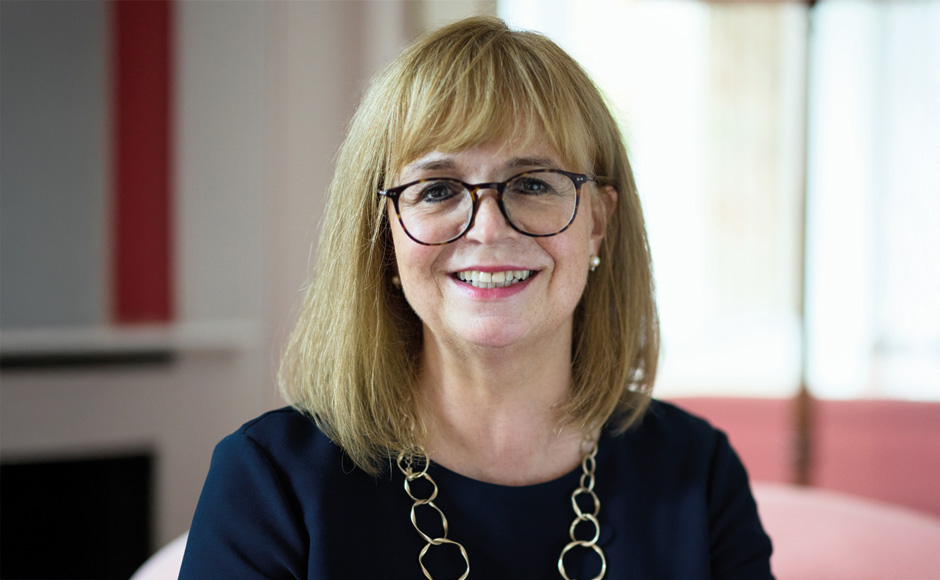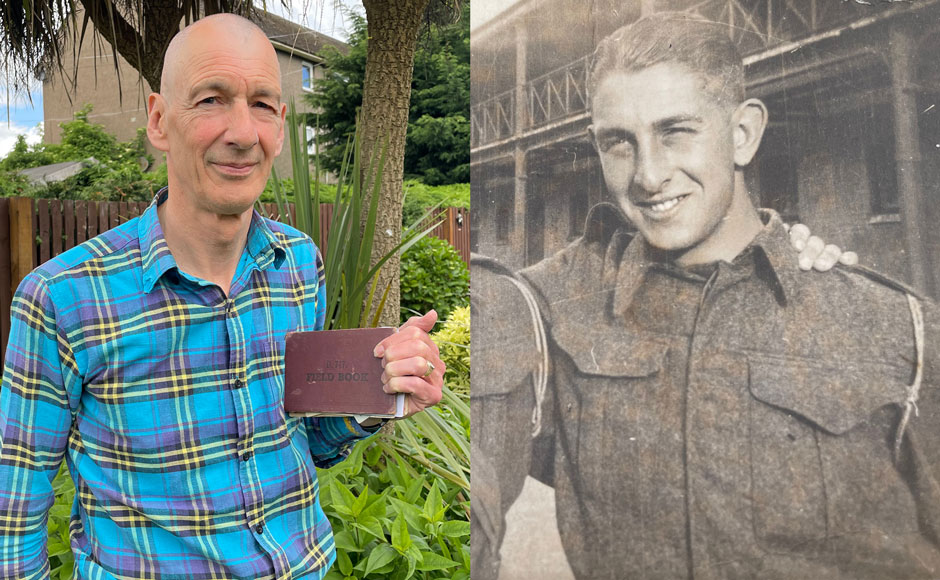Church has important role in ‘post-truth’ world
Published on 20 May 2023
The King's commitment to the Church of Scotland has been reaffirmed by the Sovereign's personal representative to the annual General Assembly, Lord Hodge.
Making his first appearance as Lord High Commissioner on behalf of King Charles a year after he fulfilled the same role for the King's late mother, Queen Elizabeth, Lord Hodge, the Deputy President of the Supreme Court of the United Kingdom, began his opening speech by telling the Edinburgh gathering that: "His Majesty The King has commanded me to assure you of His great sense of your steady and firm zeal for His service, and to assure you of His resolution to maintain Presbyterian Church Government in Scotland."
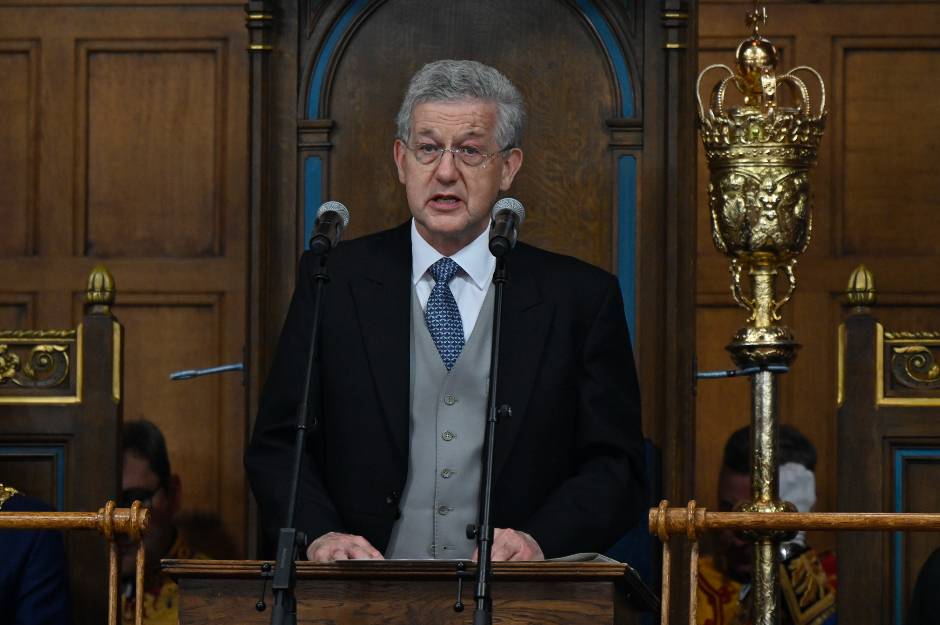
As a member of the Privy Council, Lord Hodge attended the Accession Council in September to authorize the proclamation of the King's accession to the throne and was struck by the fact that one of King Charles' first acts was to take an oath to preserve the practice of the Kirk in Scotland.
"Some may ask: what is now the purpose of such an oath and the ceremonies that you have witnessed today? My answer is simple. The United Kingdom is not a secular state. The state recognizes the Christian heritage and values of our country, the diversity of our modern culture notwithstanding," he said.
The Coronation also showed that Christian heritage was at the heart of the state, even though the latter acknowledged the diversity of contemporary society with the presence of representatives from other faiths, Lord Hodge added. The forthcoming ceremony at St Giles' Cathedral in Edinburgh Giles when The King receives the Honours of Scotland, will also be a fundamentally Christian service.
"My role in representing His Majesty at your Assembly is another recognition by the state of the importance of the work and witness of the Kirk," he said.
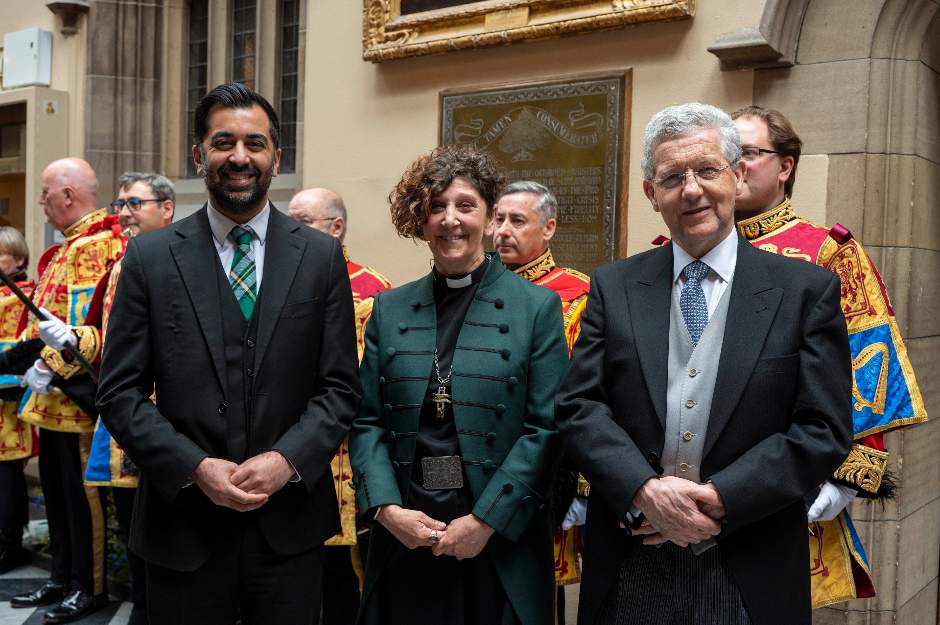
Change brings opportunities
Lord Hodge said he also recognised the significant challenges faced by the Church of Scotland as social changes, compounded by the impact of the pandemic, had reduced the funding available for the Church's work, forcing congregations to unite and resources to be spread more thinly.
"These changes in themselves can be disheartening. I understand the feeling that the Church is beleaguered," he said.
"The Kirk has fewer resources than in the past. But change gives rise to new opportunities in the ways in which the church bears witness to the Gospel in the wider community.
"I hope that the radical organisational changes which are being and are to be implemented will not cause the Kirk to lose sight of the ecumenical work discussed in the report of the Ecumenical Relations Committee."
Lord Hodge also highlighted the Church of Scotland's closer connections with the Episcopal and Catholic churches following the signing of the St Andrew Declaration between the Kirk and the Scottish Episcopal Church in 2021 and the historic St Margaret Declaration, which was signed by the then Moderator, Rt Rev Iain Greenshields, and Leo Cushley, the Catholic Archbishop of St Andrews and Edinburgh, last November.
"Such cooperation need not involve any abandonment of the insights and practices of each denomination or faith," Lord Hodge said.
"A focus on what we have in common allows people to learn from the practices and insights of the other. Adherence to one's own traditions and recognition of that difference does not, or should not, prevent respect for the otherness of the other."
Speaking truth to a ‘post-truth' world
One of the great traditions in Scottish church history was the pursuit of a democratic church which contributed to the development of our political democracy, Lord Hodge continued, and suggested this was even more important in an age when democracy seemed to be in recession and autocratic populism rising.
"People are willing to invent and promulgate fake news; and demagogues dismiss, as ‘fake news', information which is truthful but inconvenient," he warned.
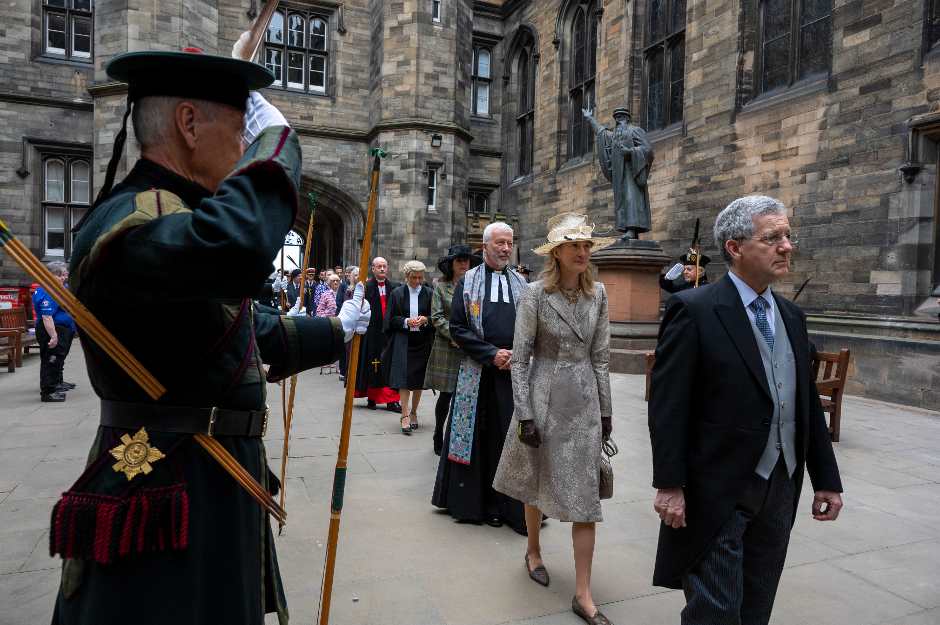
"The principled upholding of the truth in a so-called ‘post-truth' age is a task in which Christian denominations, people of other faiths, and people of no religious faith can cooperate. The Christian denominations in cooperation can ensure that the Christian voice is heard in the market for ideas in Scotland and more widely."
He went on to add that he hoped the Church will be able to find the personnel and financial resources it needs to continue the noble tradition of its commitment to social improvement and work with like-minded people to serve their communities and address important national issues.
"I read with great interest about the work of Crossreach in the report of the Faith Impact Forum," he said.
Lord Hodge also used his opening remarks to congratulate the new Moderator of the General Assembly of the Church of Scotland, Rt Rev Sally Foster-Fulton, on her appointment, commenting that her varied experience, which includes working as a parish minister in the US and UK and as a hospital chaplain before becoming head of Christian Aid Scotland, would stand her in good stead in her new role.
"May you and your husband find both happiness and satisfaction this year in this special work of public service," he said.
Lord Hodge concluded his opening speech by quoting from the Rule of St Benedict: "Never despair of the mercy of God."
Inviting the Moderator to proceed with business, he said: "I wish to give you that thought as you undertake your important tasks this week."
